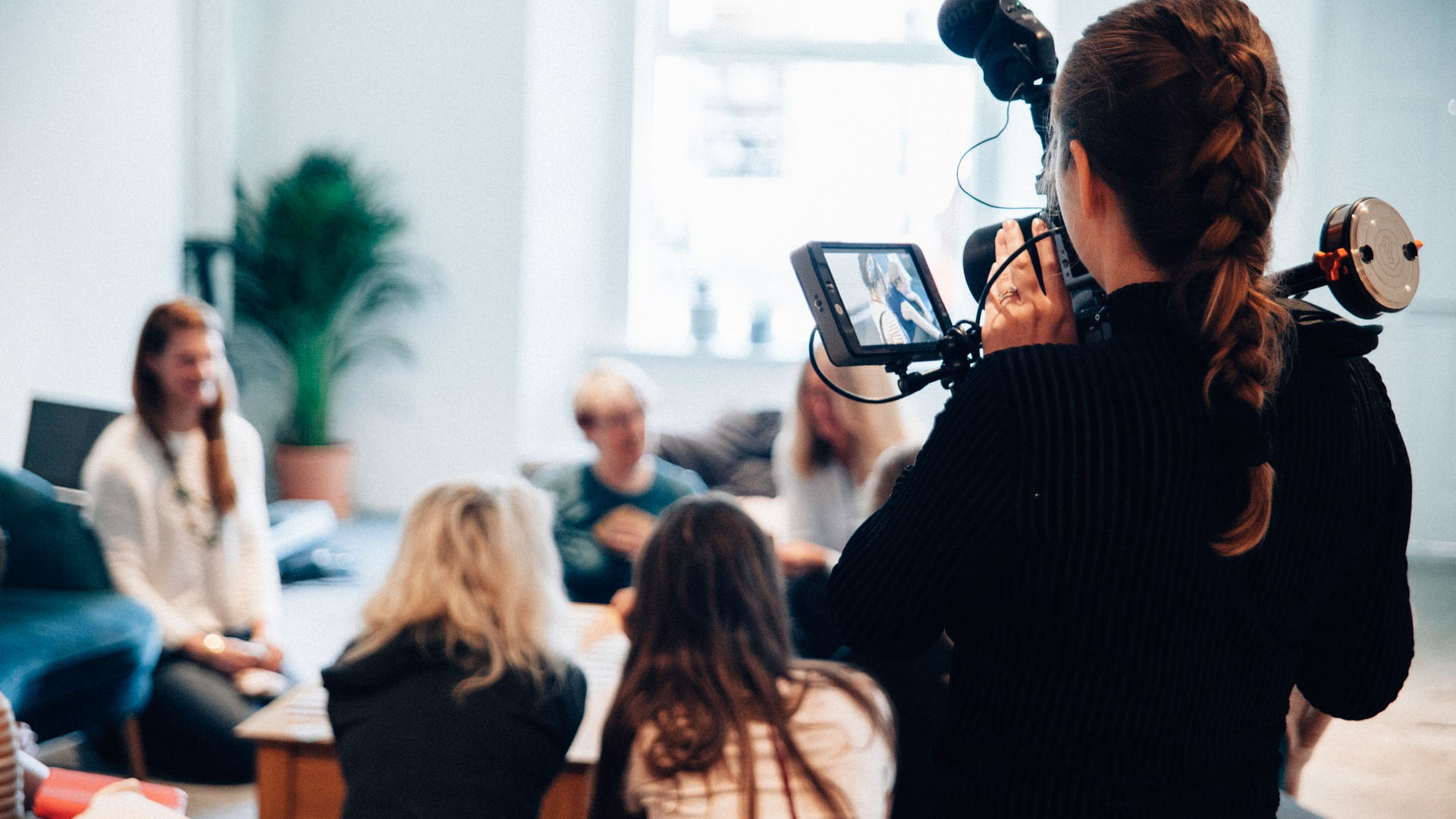New Federal Funding Supports DI Project Tackling Media Bias

The Government of Canada’s Anti-Racism Action Program (external link) is enabling critical research at the Diversity Institute on media bias against Black, Indigenous, Jewish, and Muslim communities, as well at the barriers to employment facing these communities in the media sector that result in their underrepresentation in Canadian newsrooms.
The Anti-Racism Action Program, an important component of Canada’s Anti-Racism Strategy (external link) , is designed to address barriers to employment, justice and social participation facing Indigenous Peoples, racialized communities and religious minorities by providing $15 million for 85 anti-racism projects across the country.

On February 12th, Toronto Centre MP Marci Ien (external link) celebrated the four organizations in her riding to receive funding during a live announcement with the Honourable Bardish Chagger (external link) , Minister of Diversity, Inclusion and Youth. We are proud at the Diversity Institute to be funded through the Anti-Racism Action Program alongside our Toronto Centre neighbours the Ontario Federation of Indigenous Friendship Centres (external link) , Aboriginal Legal Services (external link) , Women’s Health in Women’s Hands (external link) , and many more (external link) invaluable organizations across the country.
“We need to acknowledge the fact that too many Canadians continue to face discrimination, they face inequality, they face racism, each and every day,” explained MP Ien. “Systemic racism has been and still is a daily reality for so many Canadians.”
Minister Chagger emphasized the federal government’s commitment to addressing systemic racism in Canada with efforts that are informed by the lived experiences of Indigenous peoples and other racialized groups. The projects funded through the Anti-Racism Action Program are key to these efforts.
“The commitment to diversity, inclusion and racial justice demonstrated by these organizations is inspiring. Their willingness to be part of the solutions, especially during these challenging times, is so encouraging and appreciated,” Minister Chagger said.
Ruby Latif, Research Associate at the Diversity Institute, joined the program to outline our project. The action-oriented research, which includes focus groups, content analysis, and media training, stems from previous research conducted at the Diversity Institute on the lived experiences of racialized communities, like Diversity Leads and The Black Experience Project. Two-thirds of individuals surveyed for the latter, for instance, believe that Black people have been negatively portrayed by the media.
“Our project is really looking at some of the narratives that are being told within the media, as well as media representation, like who is in the newsroom and who is reporting news,” Latif explained.
The Diversity Institute has published research looking at representation in the media, and the ways in which women and racialized people are portrayed in the media for more than a decade. This research shows the pernicious impact of media representation on both the aspirations and opportunities for women and diverse groups in leadership roles, as entrepreneurs, in politics and more.
“I was an ‘only’ for a long, long time throughout my career. And I always thought, ‘How can we report the real stories, the true stories, when our newsrooms don’t reflect that?’,” MP Ien added. “So thank you for working on this.”
Both Minister Chagger and MP Ien encouraged Canadians across the country to join in this important work by contacting their local news organizations and demanding greater newsroom representation.
“We’ve got this sweet spot right now where there are people who want to be allies, and they are seeing allyship as a verb rather than a noun,” Minister Chagger explained.
Stay Connected
Follow us on Twitter (external link) and LinkedIn (external link) , and subscribe (external link) to our mailing list, to stay up-to-date on the latest research and initiatives from the Diversity Institute.